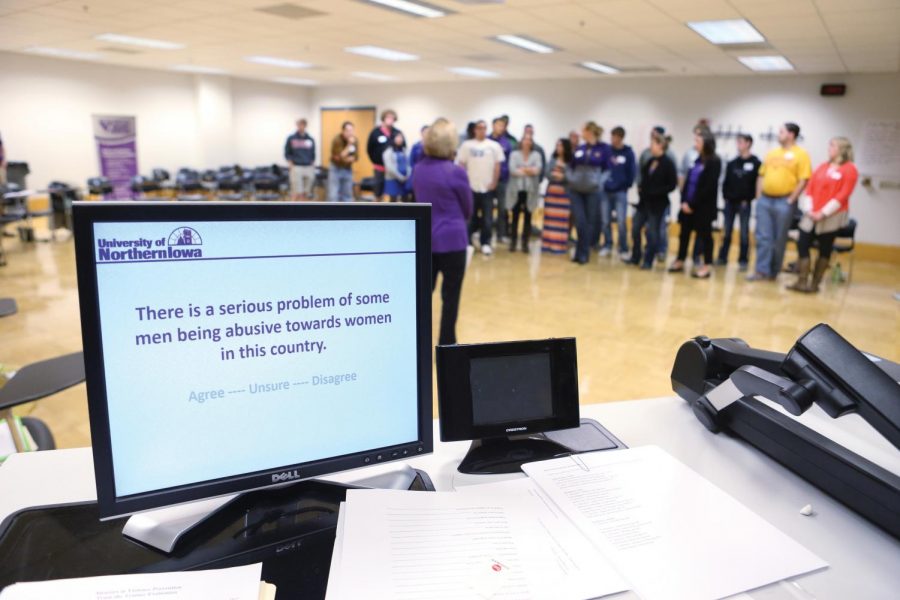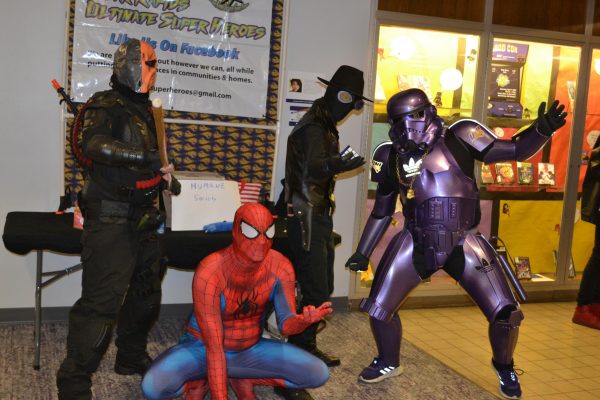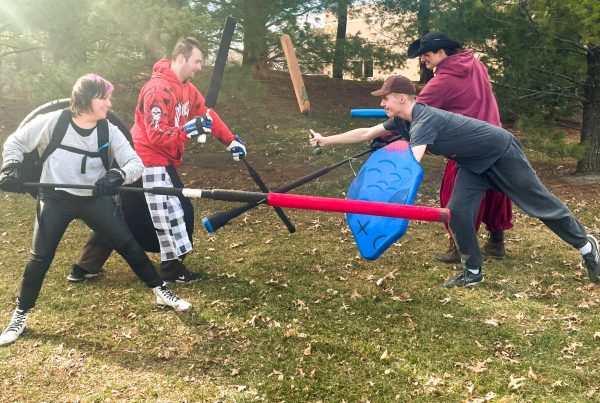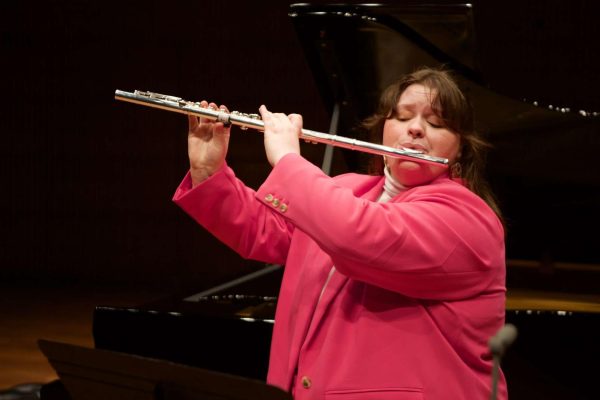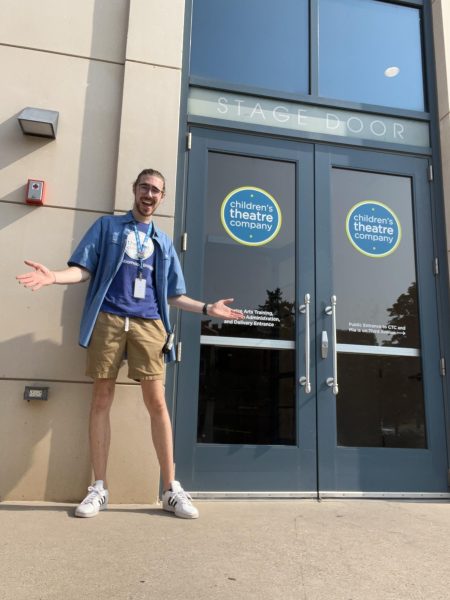Mentors in Violence Prevention host virtual seminar
Sep 21, 2020
With the COVID-19 pandemic still raging on, many campus organizations have been burdened with increased stress and difficulties due to campus limitations. Yet, the Center for Violence Prevention has persevered through these challenges to deliver their annual violence prevention training. As in years past, the Center for Violence Prevention held a Mentors in Violence Prevention (MVP): Train-the-Trainer seminar for community members, area teachers, faculty and students here at the University of Northern Iowa. The event was held over two days this past weekend on Friday, Sept. 18th and Saturday, Sept. 19th. In adherence with the social distancing guidelines on campus, the MVP training was held virtually over Zoom video call in seven sessions which allowed for participants to take part in both group and breakout discussions online.
Mentors in Violence Prevention training uses a multi-layered peer leadership approach for preventing bullying and gender violence which has been implemented in high school, college and athletic settings as well as the U.S. military. The training was originally pioneered by Dr. Jackson Katz and his colleagues at the Northeastern University Center for Study of Sport in the 1990s. The program seeks to empower bystanders or those who may be silent observers to possible bullying and gender violence scenarios while also providing teaching resources for further MVP instruction.
The two-day MVP training offers an approach for participants with three primary goals for attendees to utilize in order to prevent future situations where bullying, harassment or abuse may arise. The first is to increase the general awareness of the verbal, emotional, technological, physical and sexual abuse young women or men may experience as they interact with their surrounding communities. The second goal of MVP training aims to challenge existing stereotypes for genders/sex and relationships and understand how these stereotypes play into possible situations of bullying and gender violence. Finally, the MVP training pursues ways to inspire leadership and enable participants with concrete options to confront social norms that perpetuate abuse.
The implementation of these goals took shape during the online training by way of growth-focused group discussion that dives deeper into realistic scenarios that participants may encounter as bystanders in social settings. This ranges from talking through the concept of unlearning previous gender related biases to challenging various societal norms regarding masculinity and femininity. The training also focused on how to teach or instruct these wide-ranging topics concerning gender violence and harassment to their respective communities or peer groups.
When talking about the purpose of MVP training, Director of the Center for Violence Prevention and leader of the online discussion Alan Heisterkamp expressed the importance of providing a framework for individuals to more thoughtfully conduct their lives and interpersonal relationships.
The Center for Violence Prevention has recently organized a statewide team of experts and professionals specializing in MVP training that can assist and support those attempting to emulate this model in their area. This MVP Statewide Technical Assistance Team (STAT) creates a far-reaching network of individuals readily available across the state of Iowa. Those seeking more information or assistance for the Mentors in Violence Prevention model and its implementation can contact Alan Heisterkamp or an MVP SRAT team member in their area. More in-depth and nuanced information about the model itself can also be found on the Center for Violence Prevention website https://cvp.uni.edu/mvp, at their offices in Sabin 309, or through the phone at (319-273-3545).

